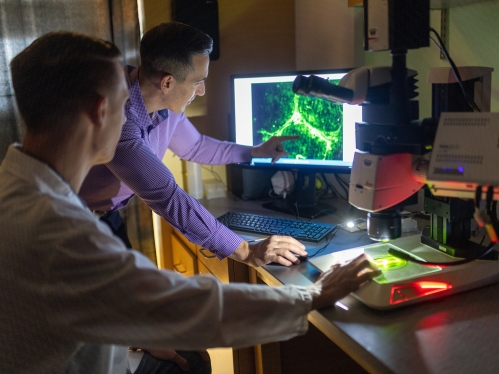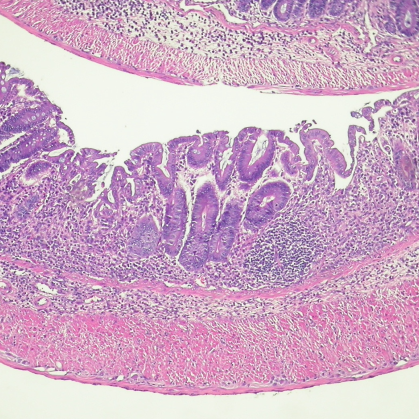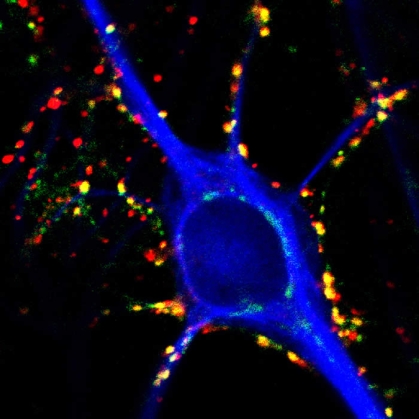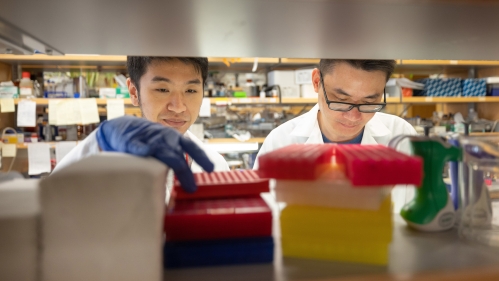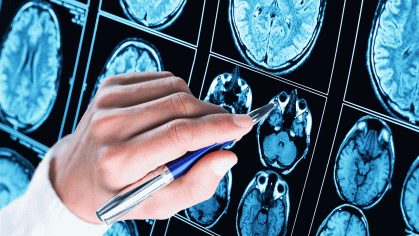Inflammatory, Immune, and Infectious Childhood Diseases
Researchers discover fundamental mechanisms in the body’s immune and inflammatory mechanisms and with physician-scientists to investigate major childhood diseases such as asthma, type 1 diabetes, inflammatory bowel disease, other autoimmune disorders, childhood infections, and vaccine optimization.
